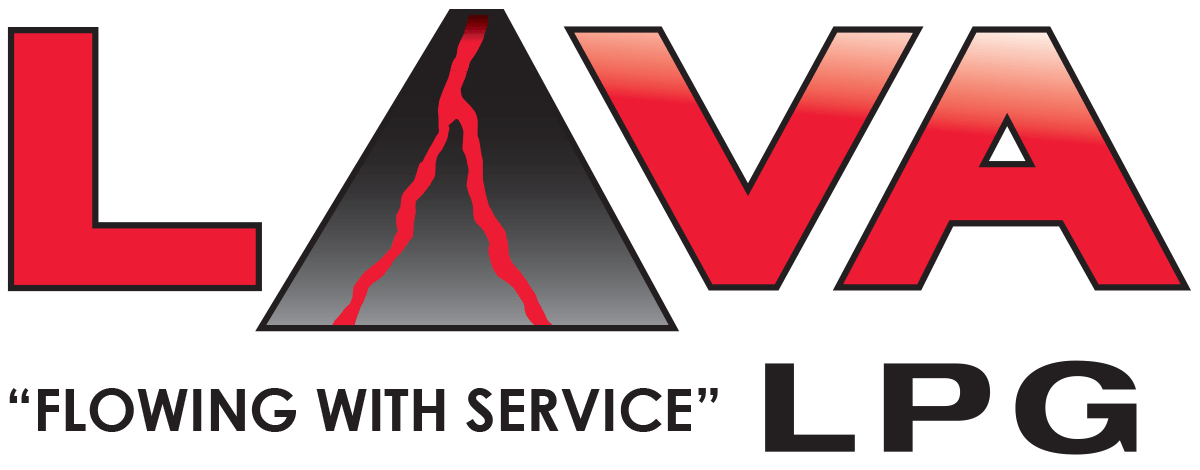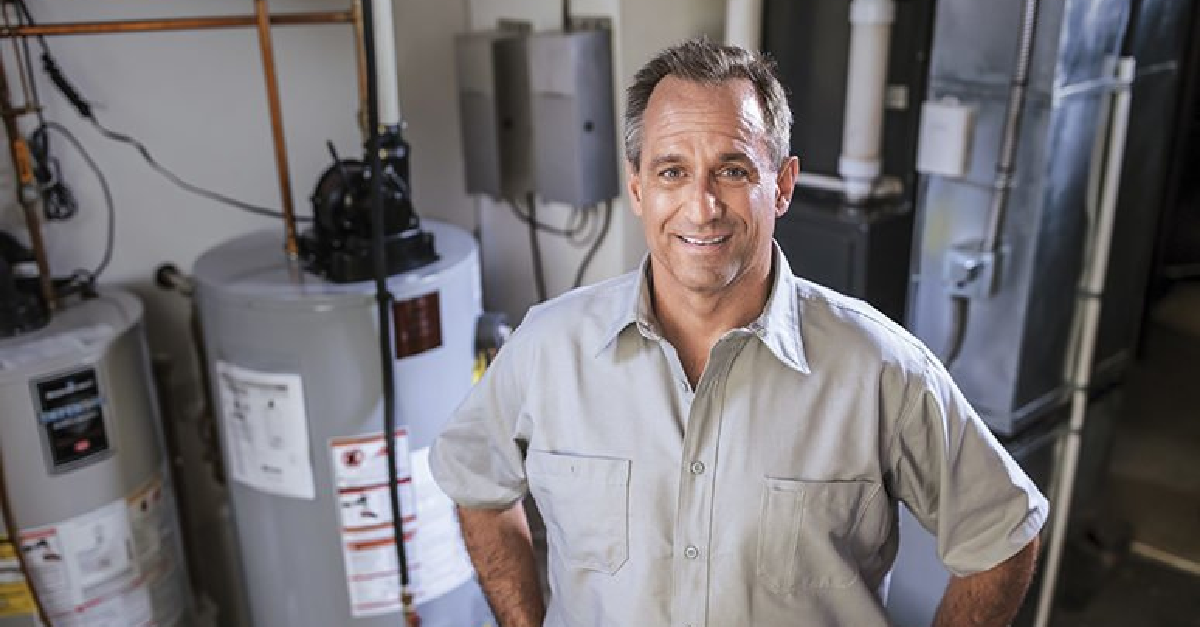Tank Water Heaters: Better Than Ever
Propane.com • October 24, 2019
Tankless water heaters get a lot of well-deserved press for their ability to provide nonstop hot water, but don’t dismiss the traditional propane or gas storage tank unit. This proven technology
delivers the same amount of hot water in the first hour as larger electric units, and the latest models offer lower energy use and more control options than ever.
Energy-efficiency improvements are thanks in part to ever-tightening regulations. In 2015, the Department of Energy raised the minimum Efficiency Factor from .58 to .60 for a 50-gallon propane or gas storage tank water heater and from .56 to .75 for a 60-gallon unit. “There were a variety of technological adjustments made to increase efficiency,” says Carl Pinto, senior director of marketing communications with Bradford White. “These included structural changes such as increased insulation and, in some cases, adjustments to venting, blowers, and controls.”
Bradford White’s eF Series residential water heater is one of a new generation of ultra-high-efficiency storage units. It’s Energy Star–qualified and includes two internal heat exchangers.
Plumbers have registered the improvements. “Ten years ago, there was a fair amount of heat loss out the top of a typical storage water heater,” says Mark Neld of Home Plumbing Service in Surrey, British Columbia, Canada, who installs storage tank units from Rheem and Bradford White. “The newer high-efficiency atmospheric units have a [flue] damper that closes the top of the water heater off so there is no heat loss. They’re also better insulated. If you put your hand on the side of a tank full of 140-degree hot water, the shell feels cool to the touch. This equates to higher-efficiency storage.”
Efficiency and recovery time
A propane or gas unit will cost more than an electric one, but in cold climate zones, propane storage tank units offer a 10 percent lower annual cost of ownership than electric storage tanks. And Phoenix, Arizona, plumbing contractor George Brazil makes the case that a propane unit will offer a more satisfying experience. “If comfort is more important, gas is your best option since it has a higher recovery rate.”
To make the point, he compares gas to electric heat pump water heaters. While heat pump units are very efficient, they may not keep up with households that use lots of water at once, such as when running the dishwasher and clothes washer while showering.
“Say the family is drawing hot water from a 40-gallon tank,” Brazil says. “With a heat pump, once the tank has been depleted, it could take up to eight hours for it to recover and provide a full tank of hot water. On the other hand, a gas or propane water heater could recover a depleted 40-gallon tank in less than an hour.”
Recovery time will be fastest with a condensing unit, which uses a heat exchanger to capture some of the heat from the exhaust gas and reuses it for water heating. With more Btus available, the water can be brought up to temperature faster.
“A 100,000-Btu condensing unit will fully heat a 50-gallon tank in 20 minutes or less from a base temperature of around 70 degrees [Fahrenheit],” says Jeff Haney, residential gas product manager for Rheem. “You can start taking a shower after the first 10 minutes.”
In fact, Haney says, a condensing unit will recover fast enough that most users won’t have to worry about running out of water. But others think that may be optimistic. For instance, Pinto says that while the hot-water delivery of these units will be sufficient “for most residential scenarios,” he cautions against claiming tankless-like performance.
As for efficiency, Haney says today’s condensing storage units offer Uniform Energy Factors (UEF) of .85 or even .9. That’s nipping at the heels of the .95 UEF offered by some tankless water heaters.
Installation and control options
Condensing units also offer installation advantages. They’re called “condensing” because as exhaust gas cools in the heat exchanger, any water it contains condenses and is drained away. What’s left is cool enough — in the 125-degree range — that you can use a less expensive PVC exhaust flue, rather than a metal one.
Another advantage of the best storage units is that, like tankless models, they can be controlled remotely. According to Haney, many storage units integrate with an Amazon Alexa voice controller, which will warn the homeowners if there’s a leak. And Rheem’s EcoNet mobile app lets the homeowners choose modes, such as energy-saving vacation mode, remotely from their phones.
And with a condensing unit’s fast recovery time, a homeowner who cancels vacation mode when they park in the driveway should have enough hot water for a shower before they even unpack the car.
Originally published on Propane.com


